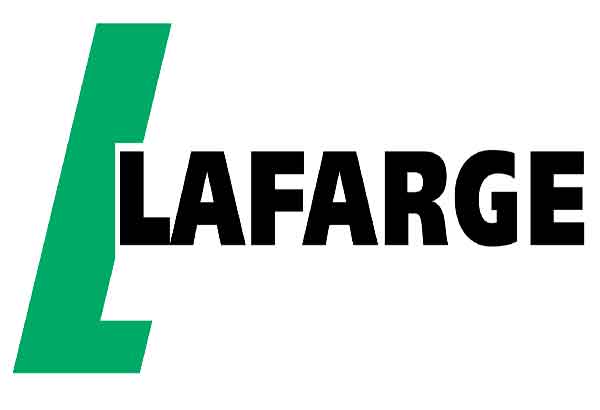Hospital officials in Madagascar’s capital Antananarivo say they are struggling to cope with a rush of coronavirus patients despite the distribution of a herbal drink touted as a remedy by the president.
President Andry Rajoelina has been promoting an infusion derived from artemisia — a plant with proven anti-malarial properties — as a homegrown cure for COVID-19.
He has brushed off warnings by the World Health Organization (WHO) that there are no published scientific studies of the drink — which has been called Covid-Organics — and that its effects have not been tested.
But COVID-designated hospitals in Antananarivo warn they are starting to run out of beds.
“We are now only accepting severe cases,” Andohotapenaka Hospital director Nasolotsiry Raveloson told AFP on Tuesday.
“The number of cases is increasing more and more,” he explained. “We now have 46 severe cases and so we only have four spaces left.”
At Joseph Raseta Befelatanana Hospital, director Mamy Randria said the facility was “overwhelmed”.
“It is impossible to free up spaces for the moment,” he said.
The head of Anosiala University Hospital, Rado Razafimahatratra echoed the concerns, noting that the facility was “constantly overwhelmed”.
To date the Indian Ocean island-nation of Madagascar has recorded 7,548 coronavirus cases, including just 65 deaths.
Infections have spiked over recent days, however, raising concern in a country where three-quarters of the population live on less than $1.90 per day, according to the World Bank.
“Two factors have contributed to the spread of this disease,” said health department official Zely Arivelo Andriamanantany on local television.
“Firstly… people took CVO (Covid-Organics) and then didn’t respect social distancing. Secondly, CVO only guarantees protection for two to three weeks,” he said.
The government, meanwhile, has blamed the rise in cases on “increased testing capacity”.
“Positive COVID-19 cases did not take CVO or only took it sporadically, without following the prescribed dosage,” said official documents sent to AFP on Tuesday.
“Almost systematically, within the same family unit, those who result positive were not drinking CVO — or at least not regularly — while those who tested negative were taking the solution (and) remained negative despite living together without necessarily social distancing.”
Source: Guardian Newspaper




